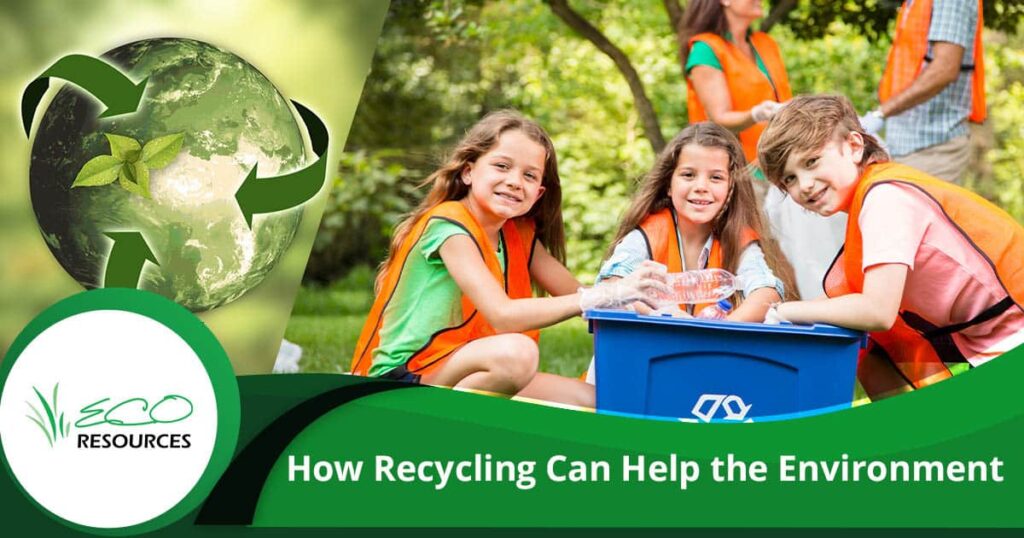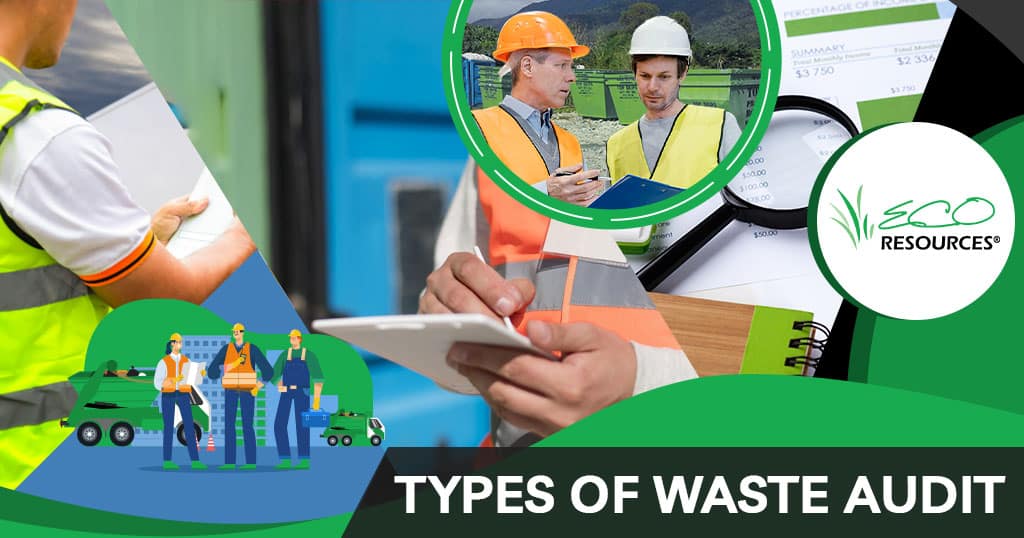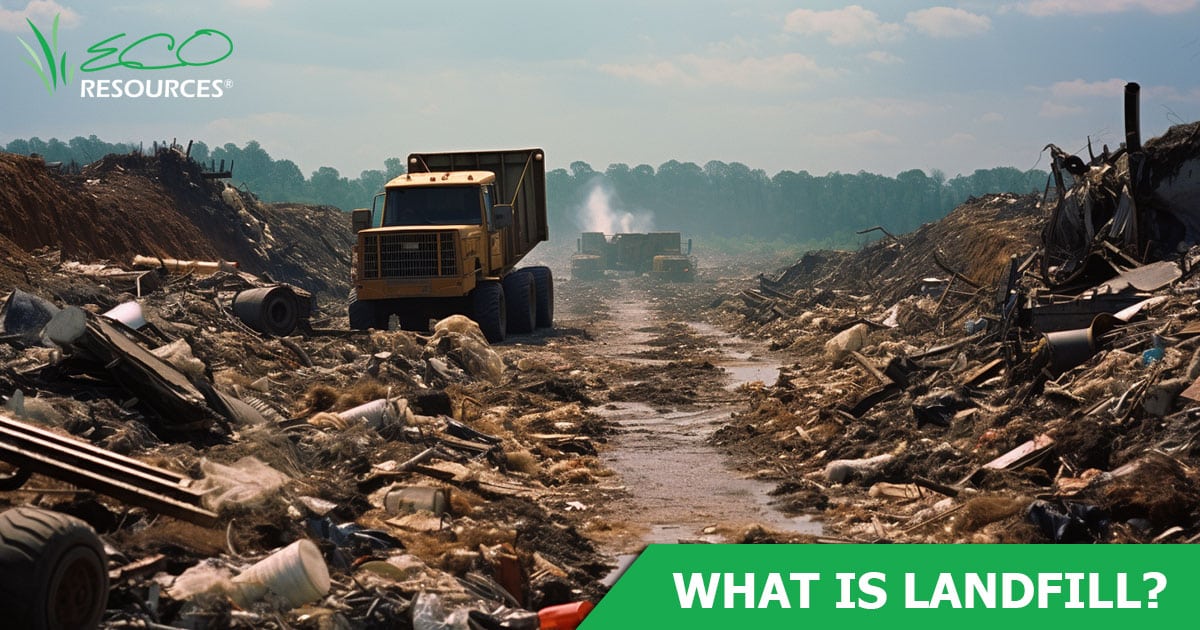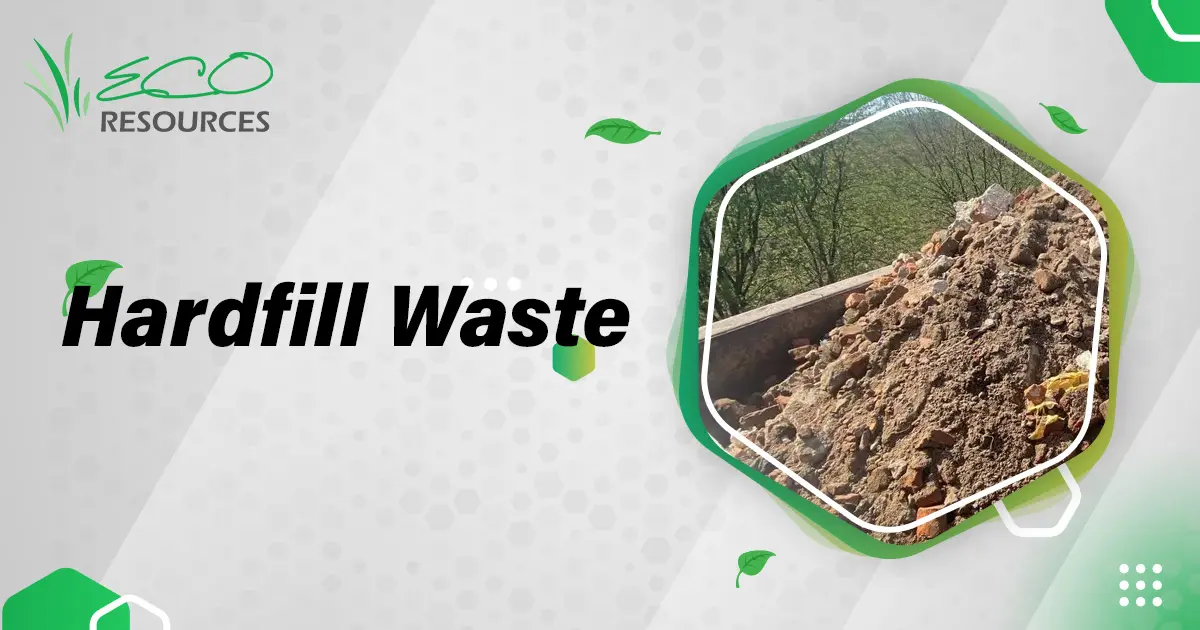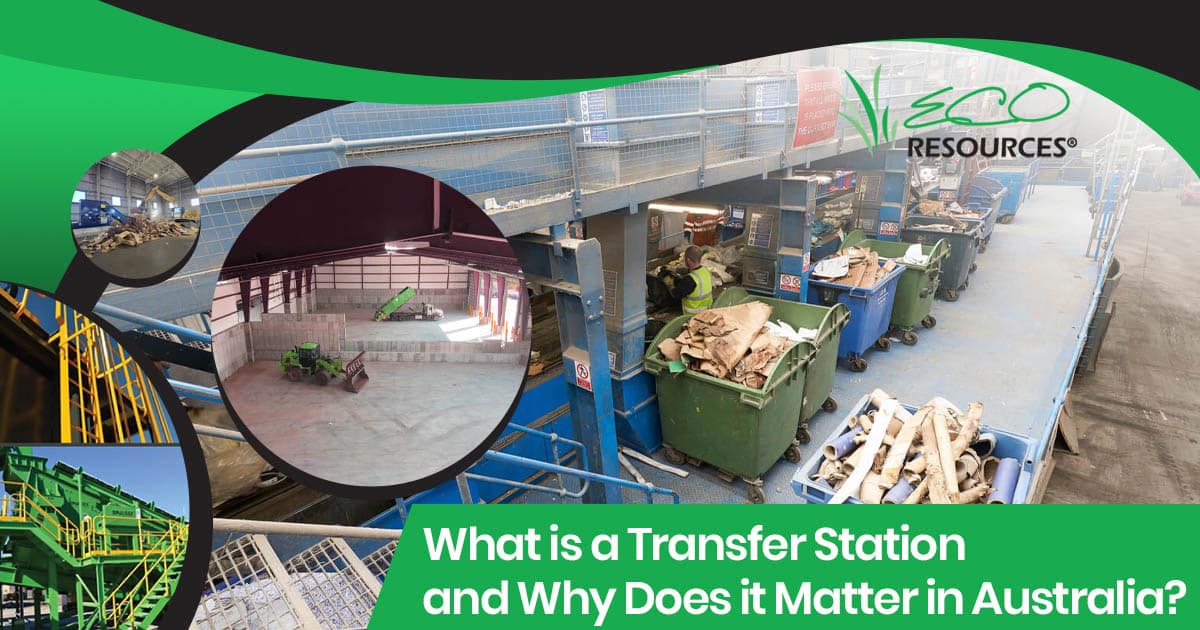Australia, like many other nations, grapples with a mounting waste issue. Each year, millions of tons of waste are generated, putting a strain on our environment. However, understanding how recycling can help the environment presents a pivotal opportunity for sustainable waste management and a healthier planet.
There is hope and individual actions can play a pivotal role in addressing this challenge. Embracing the three pillars of waste management—Reduce, Reuse, and Recycle—not only empowers individuals but also highlights how recycling can help the environment, creating a positive ripple effect for a sustainable future.
In this article, we will delve into the significance of recycling and how it can be a powerful tool in promoting sustainability. Let’s explore how recycling can help the environment.
Reducing Waste
Waste Reduction
Reducing waste or waste reduction is the most effective strategy in waste management, as it addresses the issue at its source. By purchasing durable, long-lasting goods and opting for non-toxic products, individuals can significantly reduce their ecological footprint.
Redesigning products for longevity further enhances their environmental impact, fostering a culture of sustainability.
Waste Reduction Tips
Practical waste reduction tips include:
- Selecting products with minimal packaging
- Buying in bulk to reduce packaging waste
- Avoiding single-use items
By embracing these practices, individuals can contribute to the reduction of waste and minimise their impact on the environment.
Waste Reduction Benefits
Redesigning products with sustainability in mind not only extends the life of goods but also reduces the need for frequent replacements. This, in turn, curtails the demand for raw materials, lessening the environmental strain caused by resource extraction.
Reusing the Waste
Encouraging the adoption of reusable items is crucial in reducing waste. Simple choices, such as using coffee mugs, bottles, and boxes, can make a substantial difference.
Additionally, participating in reuse programs amplifies the positive environmental impact. Highlighting practical examples of reusable items, from everyday essentials like coffee cups to more significant choices such as refillable pens, emphasises the ease with which individuals can incorporate reusing into their daily routines.
Discussing the impact of participation in reuse programs sheds light on the collective power of communities and organisations in minimising waste. These programs not only divert items from landfills but also promote a circular economy.
Recycling of Waste
Recycling plays a pivotal role in reducing greenhouse gas emissions, water pollutants, and energy consumption. By using recovered materials, solid waste generation is minimised, lessening the environmental impact associated with the extraction and processing of virgin materials.
Examining statistics on household recycling showcases the tangible environmental impact of individual actions. Understanding the role of recycling in waste management helps motivate people to actively participate in recycling programs.
Buying recycled products not only supports the recycling industry but also contributes to economic and environmental sustainability. By creating demand for recycled materials, individuals can actively engage in closing the loop of the product life cycle.
7 Reasons Why Recycling Is Important
Here are the reasons why recycling is important:
- Conserving Natural Resources
Recycling paper, plastic, metals, and glass conserves vital natural resources, preserving ecosystems and wildlife. - Protecting Ecosystems and Wildlife
Reducing the need for new raw materials lessens the harmful impact on natural habitats, ensuring the protection of ecosystems and wildlife. - Reducing Demand for Raw Materials
Recycling alleviates the pressure on vulnerable communities and lands by reducing the demand for new raw materials. - Saving Energy
The energy savings achieved through recycling, especially in materials like aluminium and steel, contribute to a more sustainable future. - Cutting Carbon Emissions
Lowering the carbon footprint associated with the production of new materials is a key environmental benefit of recycling. - Cost-Effectiveness
Recycling is not only environmentally friendly but also economically viable, offering a cost-effective waste management solution. - Tackling Youth Unemployment
Investing in green jobs through recycling initiatives can help address youth unemployment, creating a pathway to a sustainable future.
Embracing a Sustainable Future
In conclusion, the individual choices we make regarding waste management play a pivotal role in shaping the environmental landscape. Embracing the principles of reducing, reusing, and recycling is not just a personal responsibility but a collective commitment to a sustainable and resilient future.
The importance of recycling and waste management cannot be overstated in this context. By incorporating effective recycling practices into our daily lives, we contribute directly to the reduction of environmental impact.
This involves separating recyclable materials from general waste, supporting local recycling initiatives, and actively participating in programs that encourage responsible disposal. It is imperative that we not only practice these principles on an individual level but also advocate for comprehensive government action to address the global waste management challenge.
Governments worldwide should invest in infrastructure, implement effective policies, and promote awareness campaigns to instil the importance of recycling and waste reduction. One noteworthy example is Eco Resources in Western Australia, a commendable centre dedicated to recycling waste solutions.
Supporting such initiatives is crucial as they exemplify the positive impact that community-driven efforts can have on the environment. As our commitment to a healthier planet through waste disposal companies and similar endeavours, let’s remember that the power to make a difference lies in each of our hands.
Together, by fostering awareness, promoting recycling initiatives, and actively participating in waste management practices, we can pave the way for a cleaner, greener Earth for generations to come.

